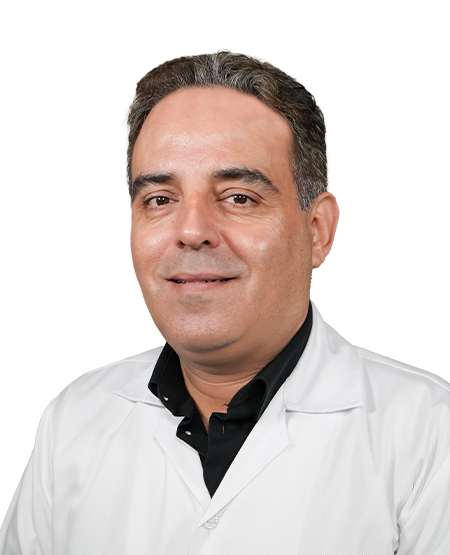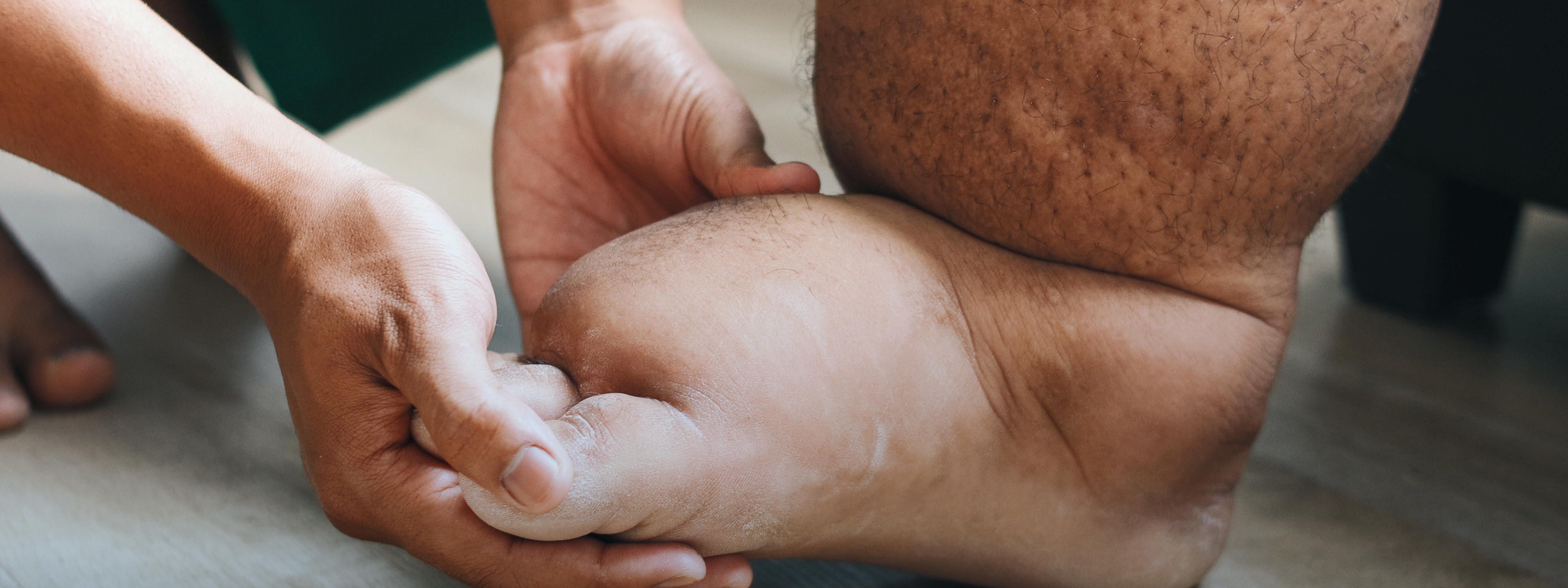 20+ years of exp
20+ years of exp
Languages
Arabic, English and FrenchClinics
HealthHub - Festival City Day Surgery Center and Specialty Clinics

 20+ years of exp
20+ years of exp
HealthHub - Festival City Day Surgery Center and Specialty Clinics